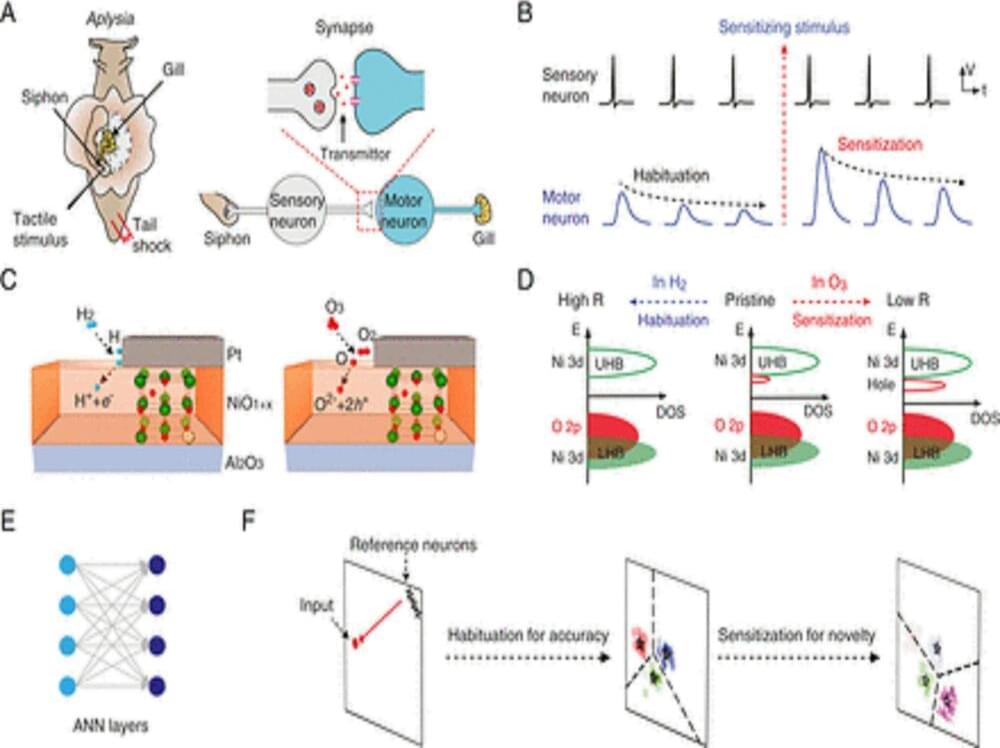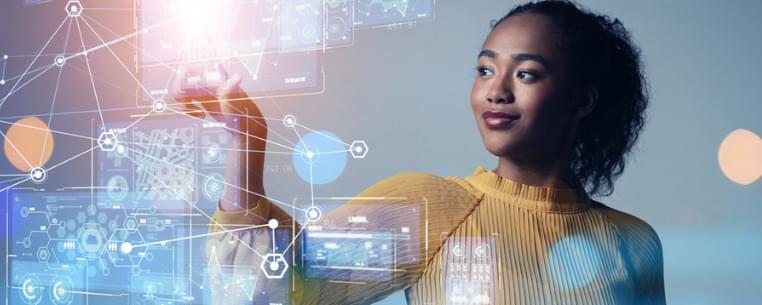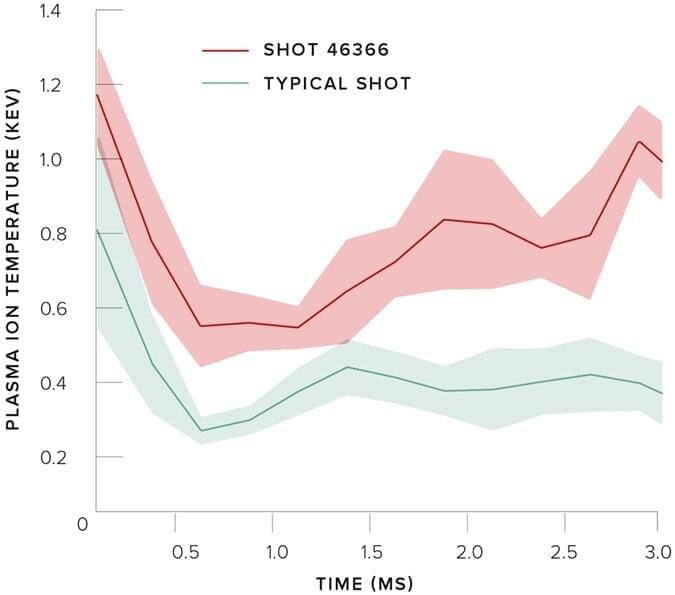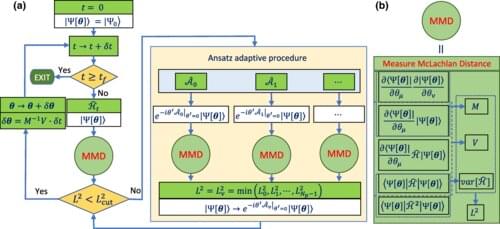There’s a multibillion-dollar race going on to build the first complete map of the brain, something scientists are calling the “connectome.” It involves slicing the brain into thousands of pieces, and then digitally stitching them back together using a powerful AI algorithm.
Presented by Polestar.
#HelloWorld #Science #BloombergQuicktake.
About Hello World:
Meet the exotic, colorful, and endlessly entertaining characters that make up the technology industry beyond big tech. Watch Bloomberg’s Ashlee Vance in a journey around the world to find the inventors, scientists and technologists shaping our future: https://youtube.com/playlist?list=PLqq4LnWs3olU-bP2R9uD8YXbt02JjocOk.
——-






